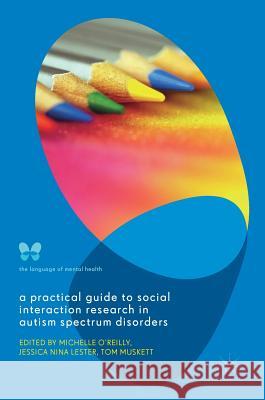A Practical Guide to Social Interaction Research in Autism Spectrum Disorders » książka
topmenu
A Practical Guide to Social Interaction Research in Autism Spectrum Disorders
ISBN-13: 9781137592354 / Angielski / Twarda / 2017 / 362 str.
Kategorie:
Kategorie BISAC:
Wydawca:
Palgrave MacMillan
Seria wydawnicza:
Język:
Angielski
ISBN-13:
9781137592354
Rok wydania:
2017
Wydanie:
2017
Ilość stron:
362
Waga:
0.60 kg
Wymiary:
21.01 x 14.81 x 2.24
Oprawa:
Twarda
Wolumenów:
01
Dodatkowe informacje:
Bibliografia
Wydanie ilustrowane
Wydanie ilustrowane











